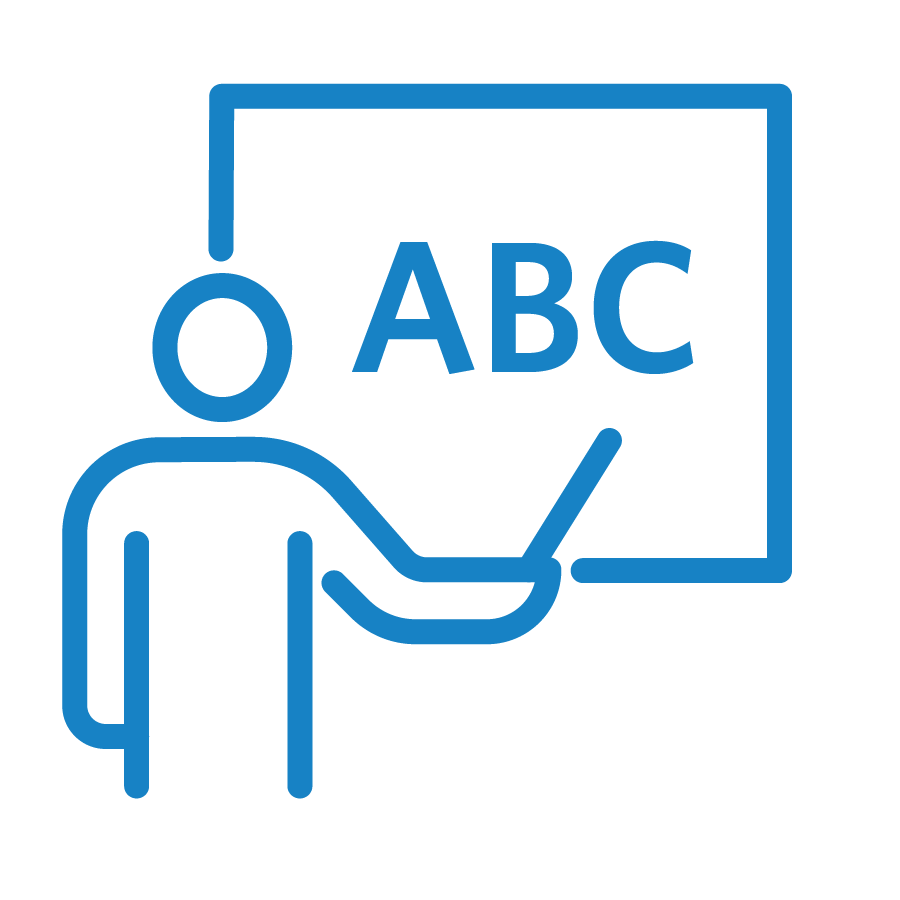Filter resources by:
Select a filter from the drop down menu to apply the filter. Page reloads upon selection

Feb 13, 2019
Scary Story Contest: Creating Positive Student Outcomes in Middle School Special Education
Each October, I assign my students a writing challenge in the form of a scary story contest. Returning students love this unit and talk it up to our new students each fall – creating this hype is a big part of my strategy to improve student buy-in! Over a two-week period, I give the students
Read Blog
Feb 13, 2019
Organization of Materials: Study Skills in Early Elementary School
My name is Lauren Guerriero, and I currently teach in a language-based, substantially separate, second-grade classroom in the Quincy Public Schools. I have been in this role for the past ten years. I currently have thirteen students who have been identified with specific learning disabilities, communication delays, or developmental delays. During my first year as
Read Blog
Jan 24, 2019
Oral Reading Fluency
Expression (Intonation) and Volume should be varied and conversational. Students should be able to match their expression and volume to the tone and mood of the reading material. Additionally, punctuation can provide cues for how students should flex their voices. Phrasing, or the ability to chunk words into phrases, is an important aspect of fluent reading.
Read Strategy
Jan 15, 2019
Start the Year with Writing Instruction: Creating Positive Student Outcomes in Middle School Special Education
I run a language-based program in central Massachusetts for grades 6-8. This year, there are ten students in my program, and I typically have up to 12 students. Students admitted to the program usually qualify for special education under the category of Specific Learning Disability (SLD) in reading with a cognitive profile of strengths that
Read Blog
Dec 20, 2018
Phonemic Awareness, Phonics, and Word Study
How Do These Skills Develop? According to Jeanne Chall’s Stages of Reading Development, reading skills develop in a hierarchy with each stage building on previous skills. Ehri and McCormick have developed a similar hierarchical model, which addresses the phases of word learning. According to their model, reading skills can be classified as follows: In the Pre-Alphabetic
Read Strategy
Dec 11, 2018
The Relationship between Language-Based Learning Disabilities (LBLD) & Anxiety
by Laura Polvinen and Helene Dionne, PhD
Read Blog
Nov 15, 2018
The Reading and Writing Connection
Reading and writing skills are the cornerstones of academic proficiency, and there are many cognitive processes that must be coordinated in order for students to access content and demonstrate mastery. Literacy experts believe that reading is developed through a series of skills that help us connect our speech sounds to letters, those letters to words,
Read Strategy
Oct 25, 2018
Reading Development
Understanding the process of reading development is essential, as it is a complex process that requires the development and interaction of a variety of skills. Although reading is a crucial part of navigating the modern world, it is important to understand that the ability to read is a recent human invention and is not an
Read Strategy
May 17, 2018
Evaluating the Social-Emotional Learning Approach
Why Teach Social Emotional Learning Skills? Research suggests that Social-Emotional Learning skills (self-awareness, self-management, relationship skills, social awareness, and responsible decision making) are a core component of student success. Learning is a social process, and schools are often the hub of students’ social interactions. If student progress is hampered by emotions, then learning cannot take
Read Strategy